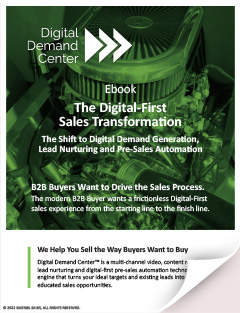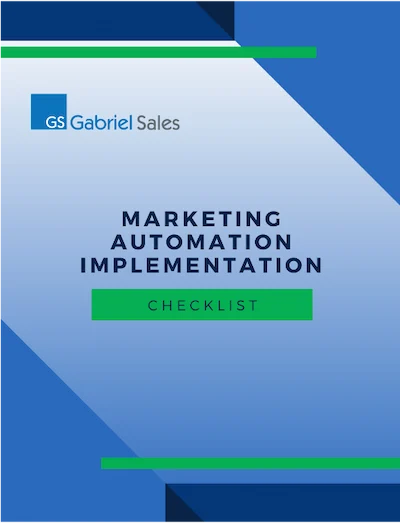 40% of Americans now use Facebook everyday. Whether we are aware of it or not, I think this has had some interesting effects on marketing.
40% of Americans now use Facebook everyday. Whether we are aware of it or not, I think this has had some interesting effects on marketing.
Most of us now scroll through our various social media feeds a couple of times throughout the day, and as we do, we constantly see Youtube videos, memes, Buzzfeed and Upworthy-type content—all competing for likes and shares.
This creates the impression that going viral and getting shares is the ultimate goal to be achieved. And for marketers, it fuels the desire to create marketing content that will make those ‘like’, ‘share’ and ‘retweet’ counts jump into the thousands.
While there is nothing inherently wrong with that approach, marketing content should always have a goal that is tied to business. If your only goal is brand awareness, trying to create viral videos or blog posts is a good strategy—viral content gets seen by more people. However, if your goal is to put prospects into the pipe or close deals, going for viral might not be appropriate.
This is because being viral does not equate directly to having value (i.e. cat videos). Turning the thousands of viewers of your content into prospects and leads generally requires providing some sort of value. What exactly that value is will vary greatly depending on the product or service.
In the B2C space, providing entertainment might be enough value to initiate a purchase. There is a lot less risk purchasing B2C products, which allows more room to be impulsive. In the B2B space however, where purchases are sometimes multimillion dollar enterprise software solutions, content that provides a few laughs is not likely going to be enough to get a contract signed.
In more complex, higher-risk sales, creating content that is valuable should trump your desire for creating content that goes viral. Content that provides value in these complex sales includes opinion’s of thought leaders, industry reports, software demonstrations, product comparisons, case studies, etc. This type of informative and fact-based content enables prospects to educate themselves on your product or solution, so they are able to make an informed purchase decision. While this type of content may not be as exciting or share-worthy as the latest Volvo ad, it does provide the type of value that will build enough trust to motivate a high-risk purchase.
If you would like to know more about creating valuable B2B marketing content, read “5 Reasons Your Content Isn’t Converting.” Feel free to contact us with any questions.




